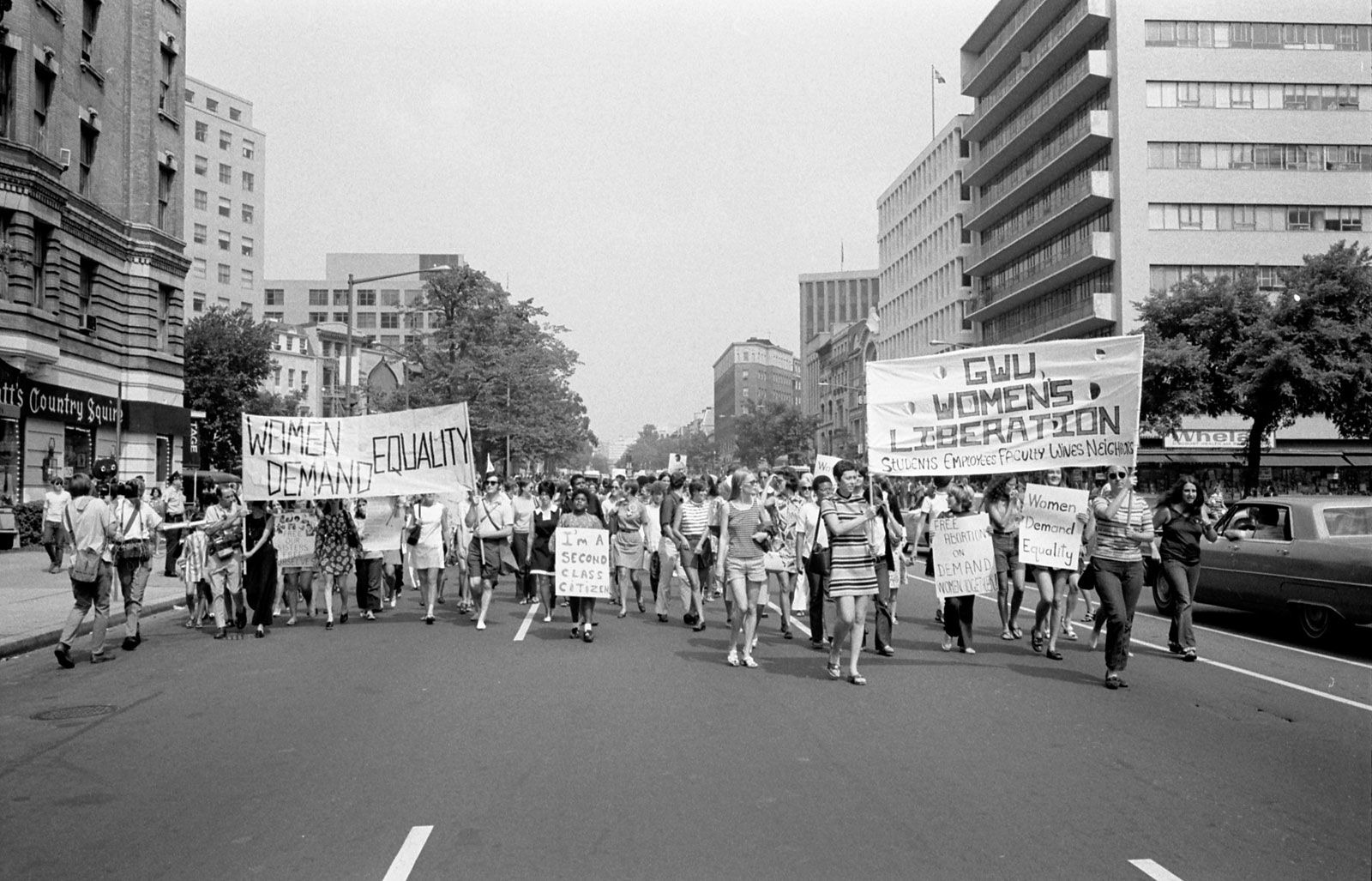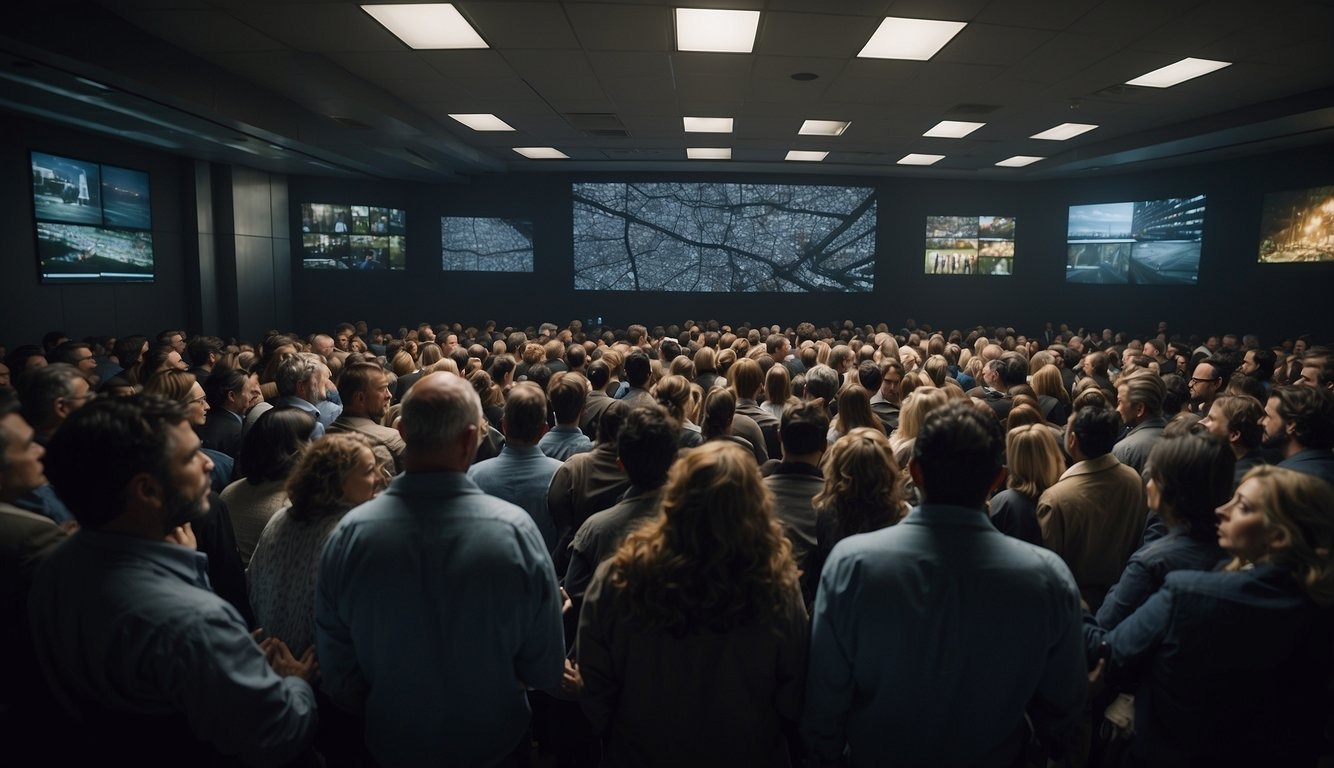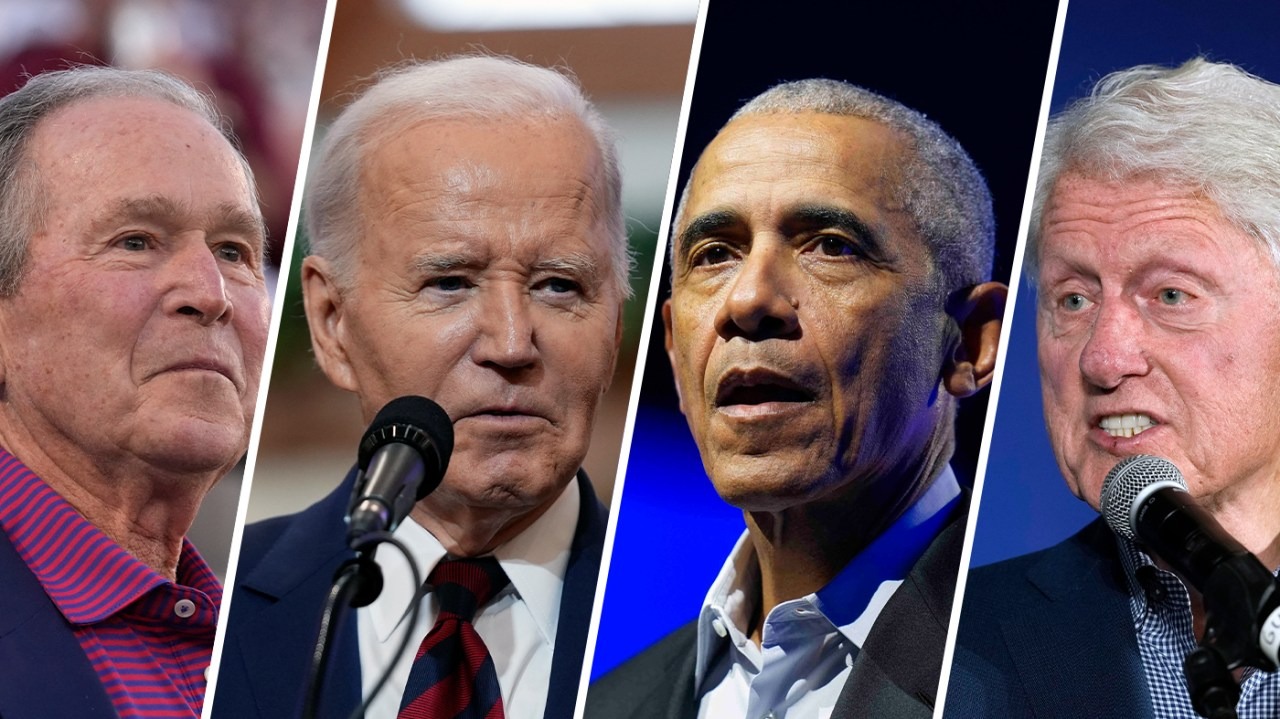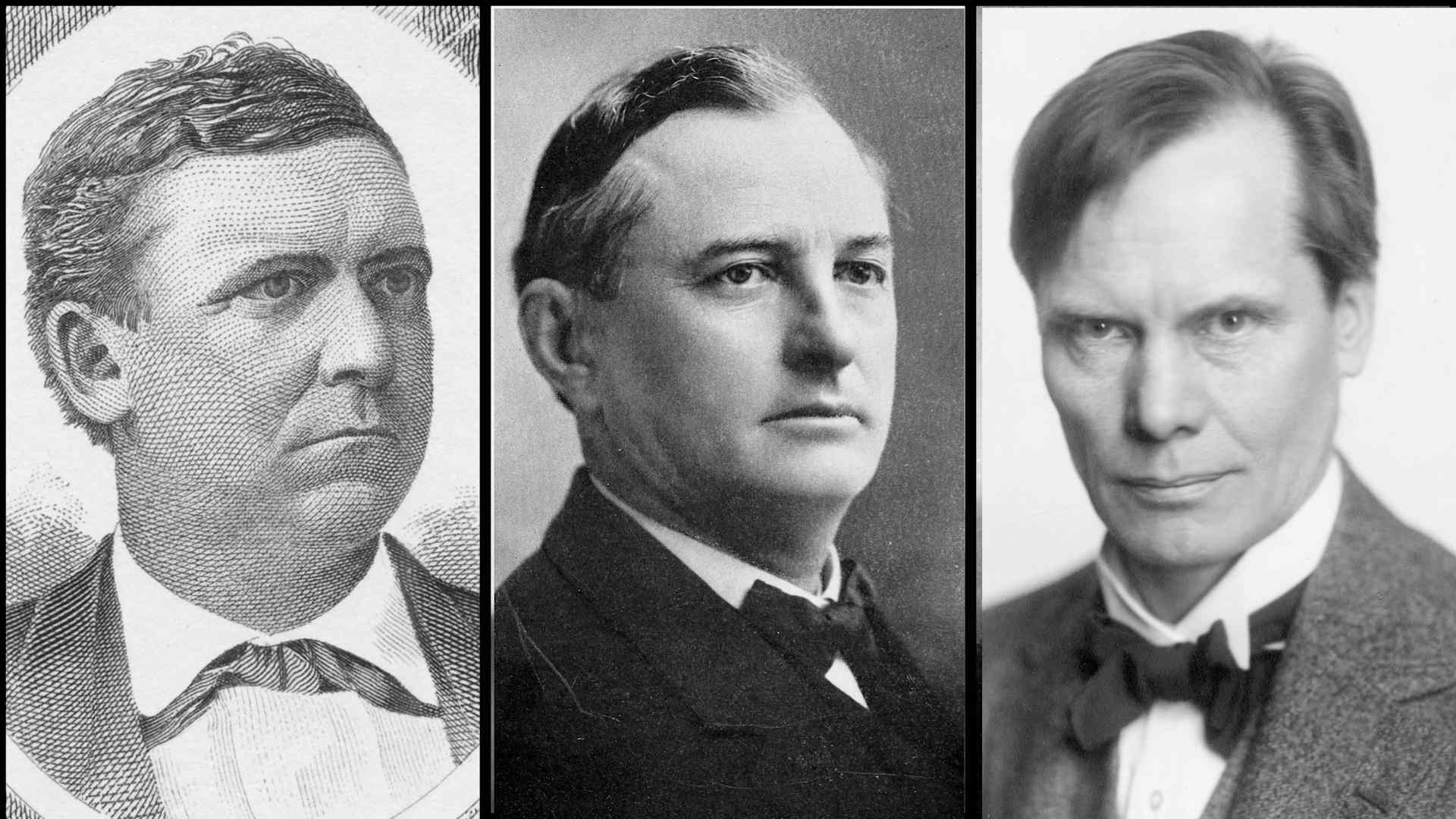Former President Trump is accused by Sen. Bernie Sanders (I-Vt.) of setting the stage for election denial by making baseless claims about a recent campaign rally. Trump alleged that a photo showing a large crowd at a Detroit rally for Vice President Harris and her running mate, Minnesota Gov. Tim Walz, was manipulated using artificial intelligence (AI) technology.
Sanders condemned Trump’s statements, emphasizing the dangerous implications of such falsehoods. “Donald Trump may be eccentric, but he’s not unintelligent,” Sanders remarked. “By asserting that a widely covered and live-streamed rally attended by thousands was fabricated, Trump is systematically preparing his supporters to question the legitimacy of the election results if he loses.”

Sanders further warned that this tactic could undermine democratic processes. “If Trump can persuade his base that a massive, well-documented rally was a sham, it becomes easier for him to claim that legitimate election results from states like Pennsylvania and Michigan are ‘fake’ and ‘fraudulent,’” he said. “This strategy is a direct assault on democracy and a step toward fascism.”
Last week, the rally in Detroit reportedly drew around 15,000 attendees. Trump’s claim on his social media platform, Truth Social, that the crowd was artificially created and nonexistent was refuted by journalists who documented the event with extensive photographic and video evidence.
The Harris campaign has consistently reported large crowds at their events, including 12,000 attendees in Philadelphia and Eau Claire, Wis., and 15,000 in Glendale, Ariz.













Leave a Reply